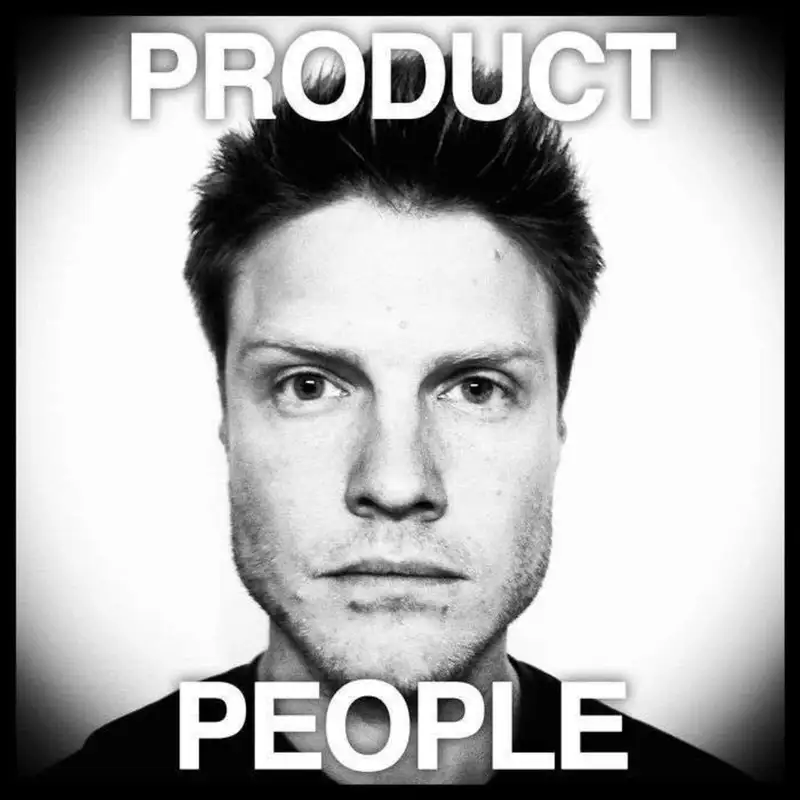This is part 2 of our interview with Sacha Greif. In this episode we talked with him about how to find a partner, and the pain involved in building up a product income.
Sacha is a designer and coder from Paris, France, but he’s now living in Osaka, Japan. He’s worked with companies like Hipmunk, but he’s best known for his cool side-projects. His most recent, called Telescope, is an open source platform for creating your own Hacker News.
Highlights
- When searching for co-founders, Sacha says: “If you try to find [partners] motivated by money it’s a lot different than finding people who are interested in the project itself”
- He said that his “internet popularity” didn’t help him find a partner to build Telescope with him; what worked was getting involved in the Meteor community.
- Sacha talks about the importance of side-projects: “The cool thing about the web is that anyone can create a hit. But it helps a lot if you already have a network, and an audience. When I launched Folyo I didn’t really have that audience. I think getting people to pay attention to what you do is the hardest thing on the internet.”
- “If you think about it, there are two sides to the equation: having people pay attention, and the other side is having people pay money. Step 1 is doing something popular [where they pay attention]. Step 2 is getting people to pay for products.” – Sacha Greif
- “The biggest problem people make is they think too big with their side-projects. They instantly jump to: ‘I’m going to build a social network.’ My advice is to bottle it down to the Minimum Viable Side Project. It should be something you can build in 10 hours. ” – Sacha Greif
- “My inspiration for Sidebar.io is Daring Fireball; but a multi-user Daring Fireball.” – Sacha Greif
- Building a product income is hard! Sacha was really transparent about how he’s not earning a lot of money right now as he attempts to bootstrap his current projects: Sidebar.io and a book on Meteor.
- At the end of the interview, Sacha shared this: we don’t hear about the failures of product people; we only hear about the wins. This makes people think that everyone is winning, when that’s not reality.
Show notes
 Episode 8
Episode 8

